Charcot foot describes a foot deformity in which the foot takes on an abnormal foot shape that is often flattened and even rocker-bottom, following the collapse of the joints in the feet.
Charcot foot is caused by the weakening of the bones and joints in people that have significant damage to their nerves, known as neuropathy. Neuropathy is a common complication of diabetes, though can also be caused by other conditions such as alcoholism. As the bones weaken, they are vulnerable to fracturing and dislocating. Because neuropathy impacts a person’s ability to feel and detect pain, they may continue to walk and cause subsequent fractures and damage. Because no impact trauma (like a fall or a hit) has occurred, they won’t realise that the risk of a fracture is present. Ultimately, this leads to the collapse of the joints in the feet. A bone fracture, break, or sprain that is not effectively managed can also create the right conditions that trigger a chain of events that lead to Charcot foot.
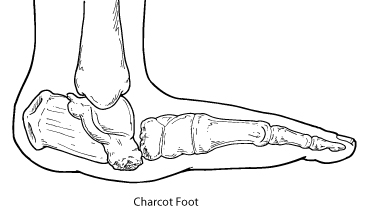
Symptoms begin at the foot and ankle and may include:
As fractures and dislocations occur and set in an abnormal position, structural foot deformities can be seen.
Because the effects of Charcot foot can be limb-threatening, effective management must be undertaken. Each case is assessed independently and takes into consideration the extent of the changes, your risk and current symptoms. Treatment may include:
Because the new foot shape can place high pressure at various areas of the foot, it can create complications such as ulcers which are then vulnerable to infection, so the management plan will focus on reducing this risk. High-impact activities that put the feet at risk of further injury will also need to be re-evaluated, especially if only one foot has been affected and there is a significant risk for the other foot to be affected too. Your GP and podiatrist will work together to provide the best outcomes for your feet and address all of your individual needs. In some cases, surgery may be indicated.
.png)
Since introducing shockwave therapy, we’ve helped many of our patients avoid surgery for certain conditions. Here's what you
need to know about shockwave treatment and how it works.
.png)
This Mother’s Day, consider a practical, medically safe, and confidence-boosting gift: a professional KeryFlex nail restoration treatment. It’s a simple, effective, and medically safe way to instantly transform the appearance of toenails.

In some cases like arthritis, continuing to stay active is one of the best things you can do for your joints. Is the same true if you're in pain or have an injury?

A stroke is New Zealand's second single biggest cause of death and a leading cause of serious adult disability. Here's how podiatry can help in your rehabilitation.
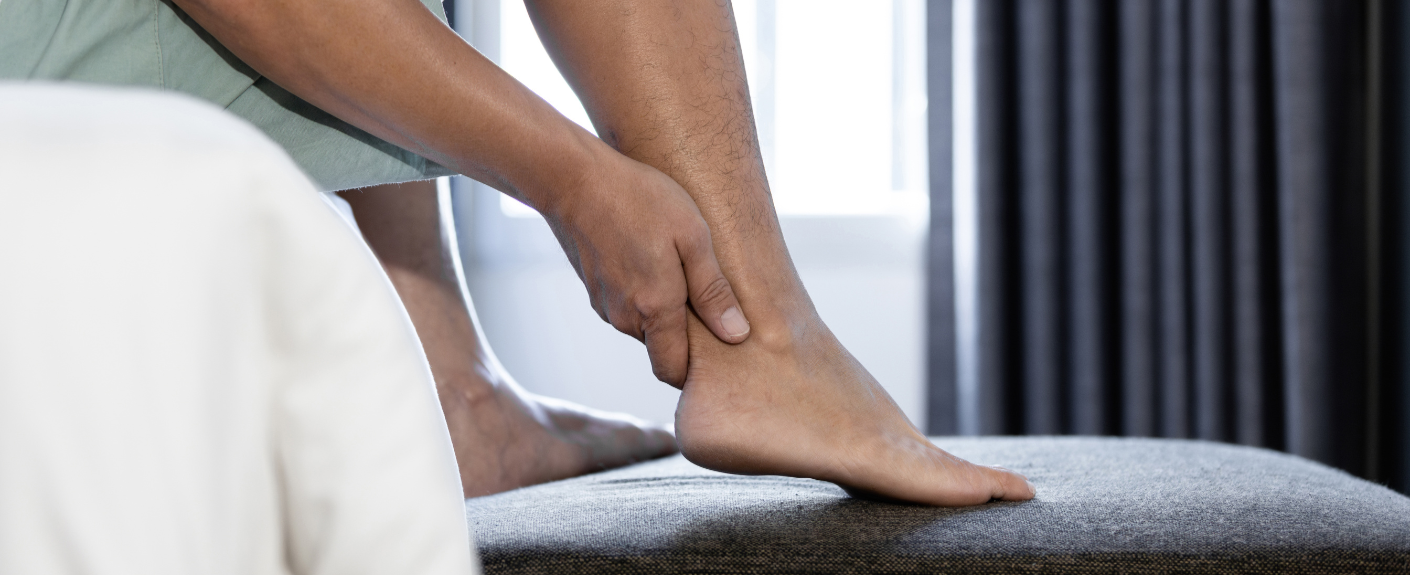
Shockwave is a fantastic treatment for Achilles injuries and Achilles heel pain. Here's how it works and how our podiatrists use it.
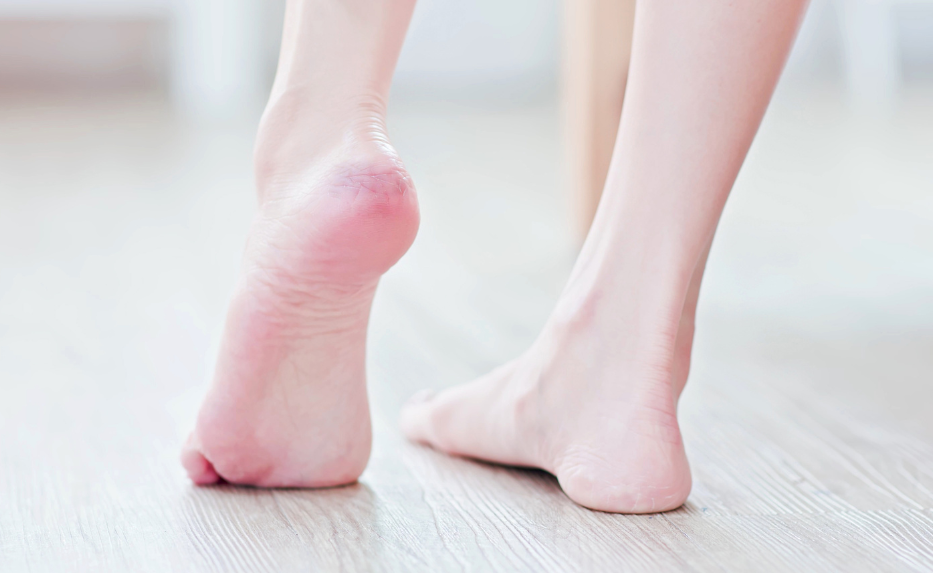
How does shockwave work to relieve foot pain? Here's how it helps you, and how our podiatrists use it at our Remuera clinic.

How do you go through the holidays and family visits while keeping up your strength and fitness? Here are five ways.

Help your loved ones stay on their feet for years to come with a podiatry appointment. Here's how it can help.
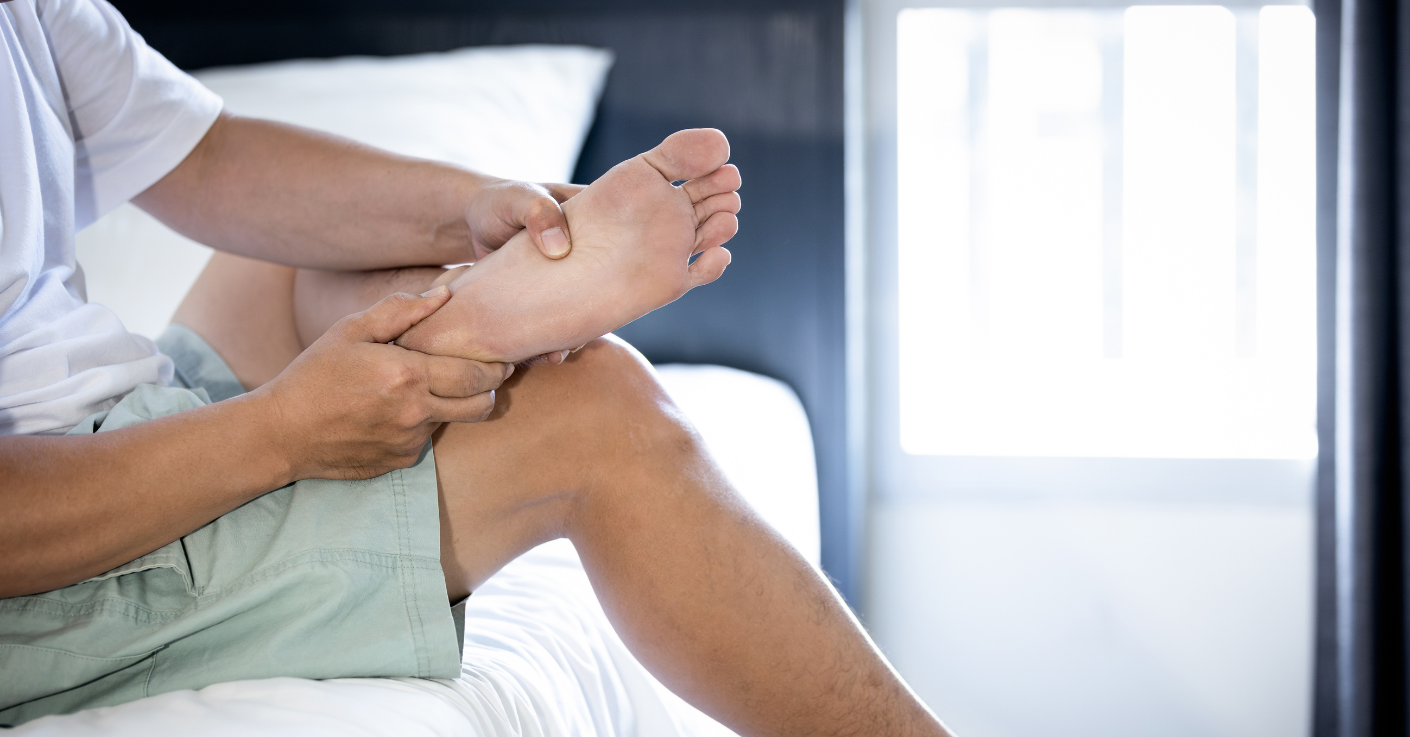
We’ve welcomed the Nu-Tek low-level laser into our podiatry clinic. Here's how you tell if it could be the answer to your foot
pain.
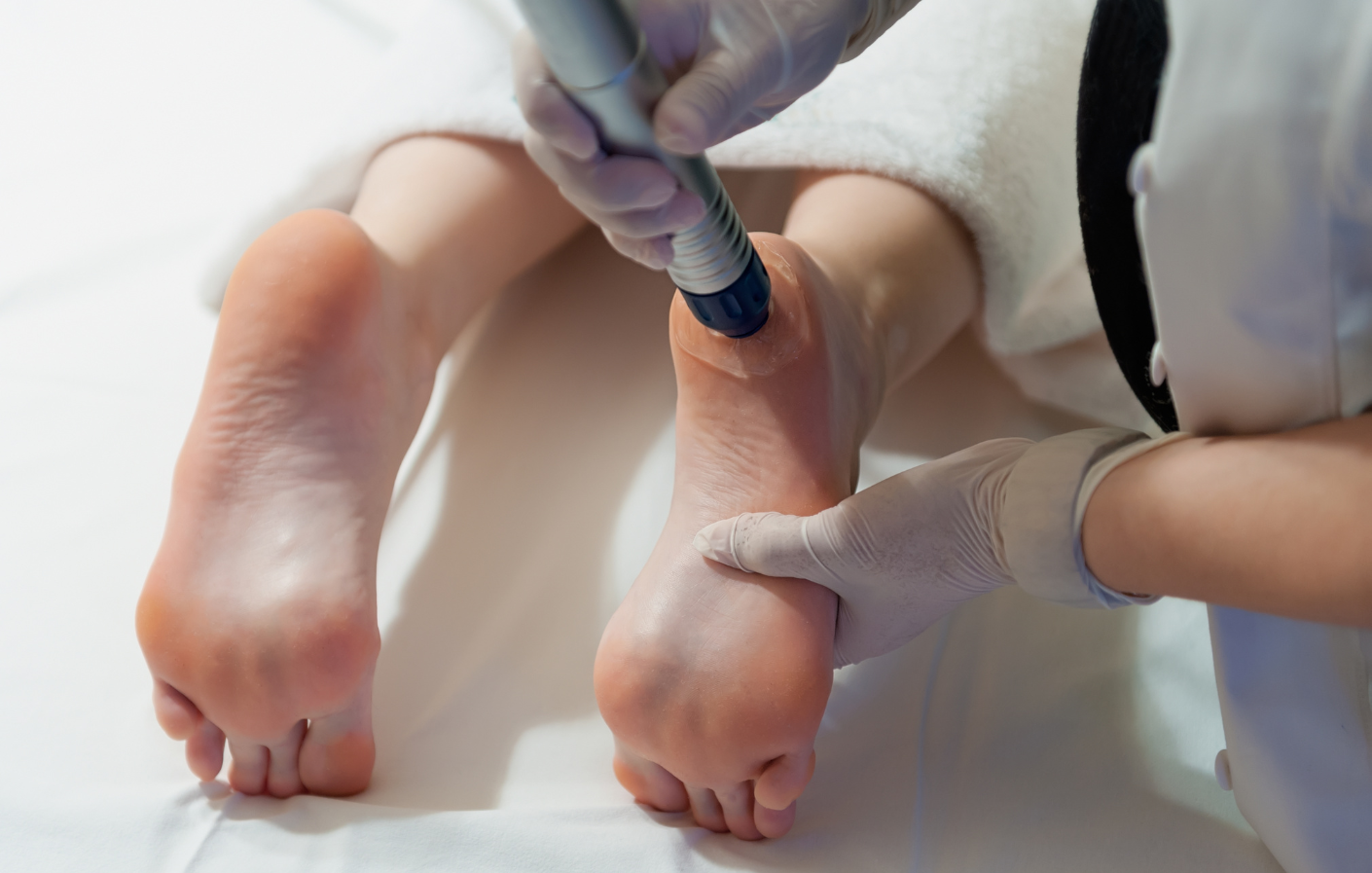
Otherwise known as radial pressure wave therapy, shockwave therapy is a device held by our podiatrists and positioned against your foot or leg at the site of your injury.
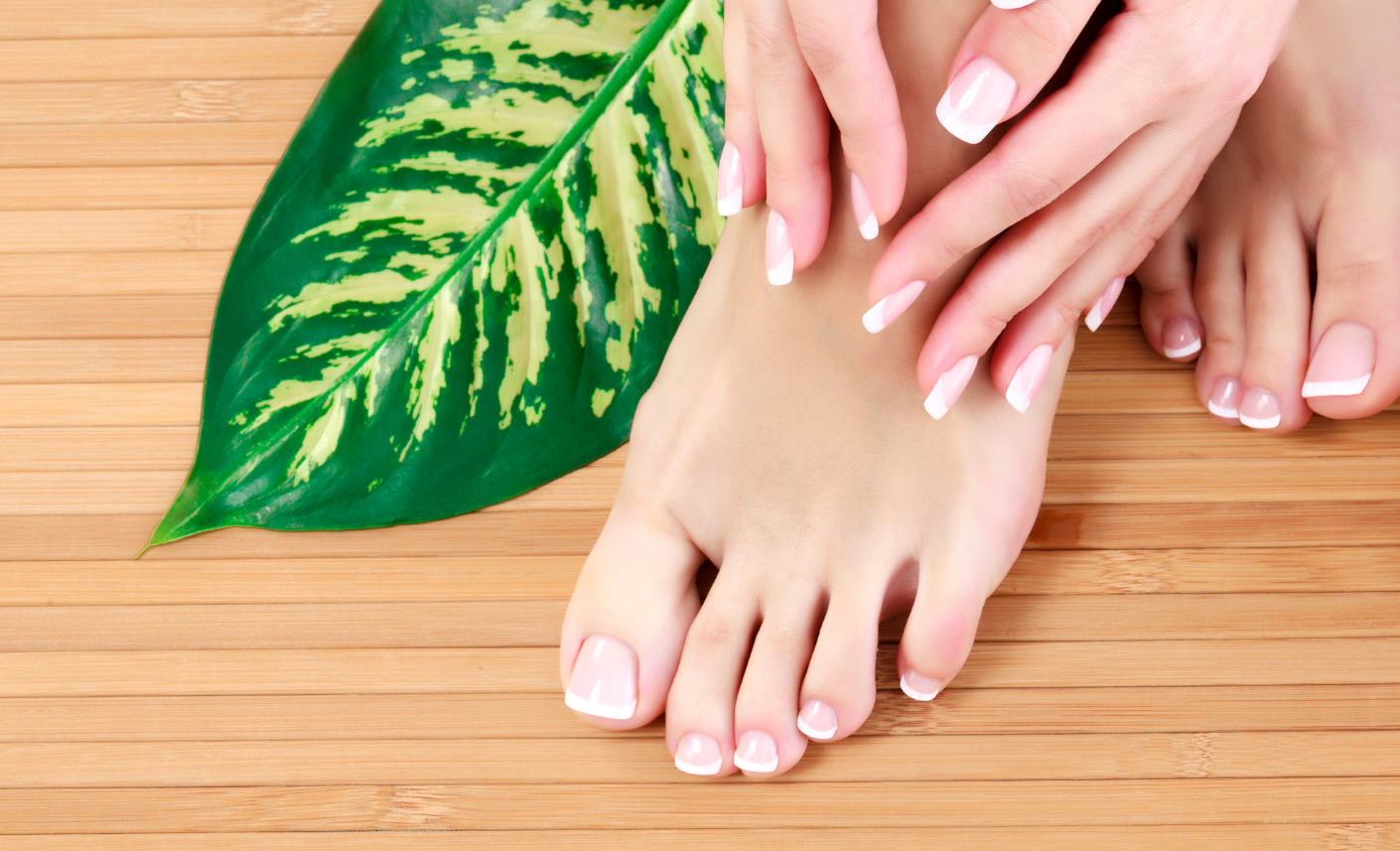
We can transform the appearance of toenails to look healthy and clear in three ways, and as fast as in one appointment. Here's how.

Tingling or numbness in your feet and legs during or after exercise can be an odd sensation. If you’re prone to experiencing it, the most common reasons are related to pressure on nerves or problems with your circulation.
Keeping your family on their feet and helping them to walk, run, play and exceed their goals is why we love getting up in the morning.
Ground Floor, One Health Building
122 Remuera Rd, Remuera
Auckland 1050, New Zealand
| MON - FRI | 7:30am – 6:30pm |
| SAT | 8:30am – 4:30pm |
| SUN | Some availability |
Make an Appointment
Online Schedule